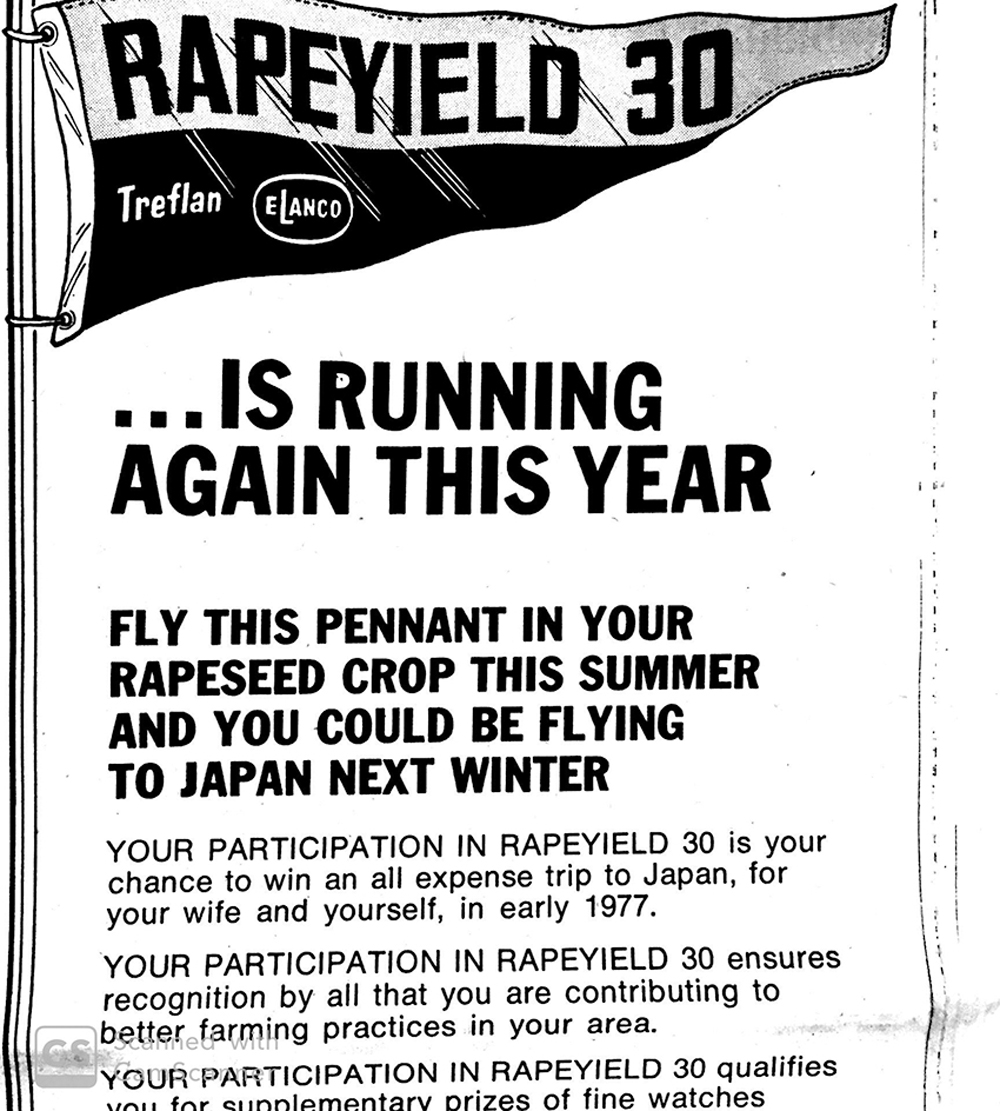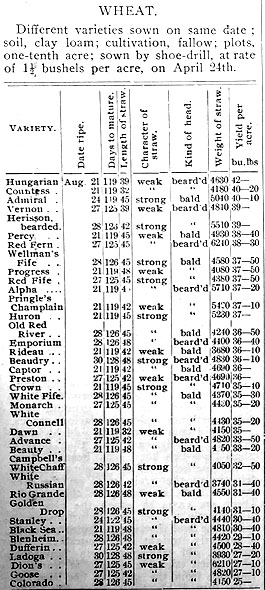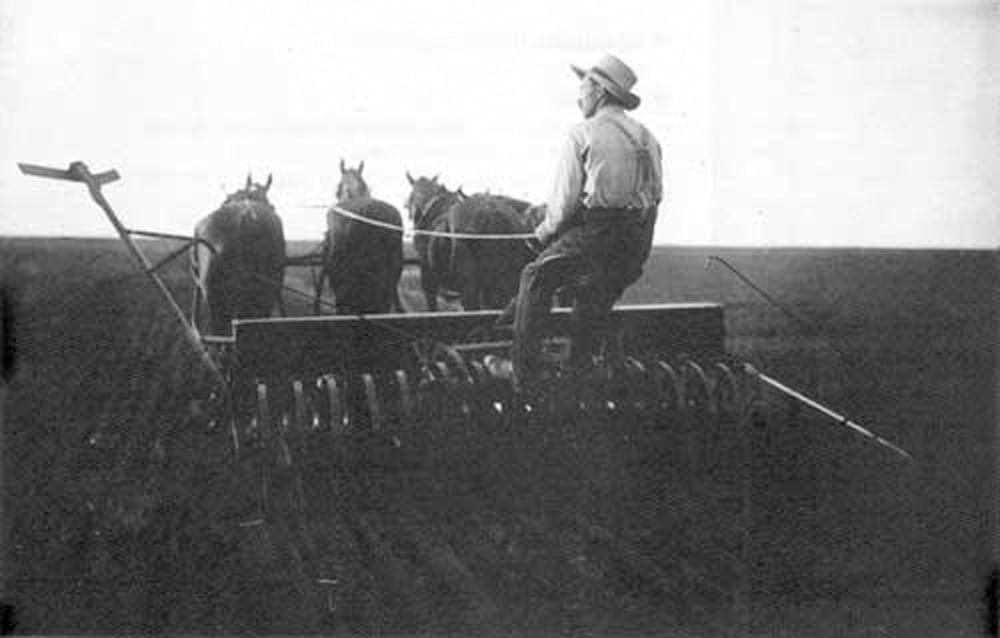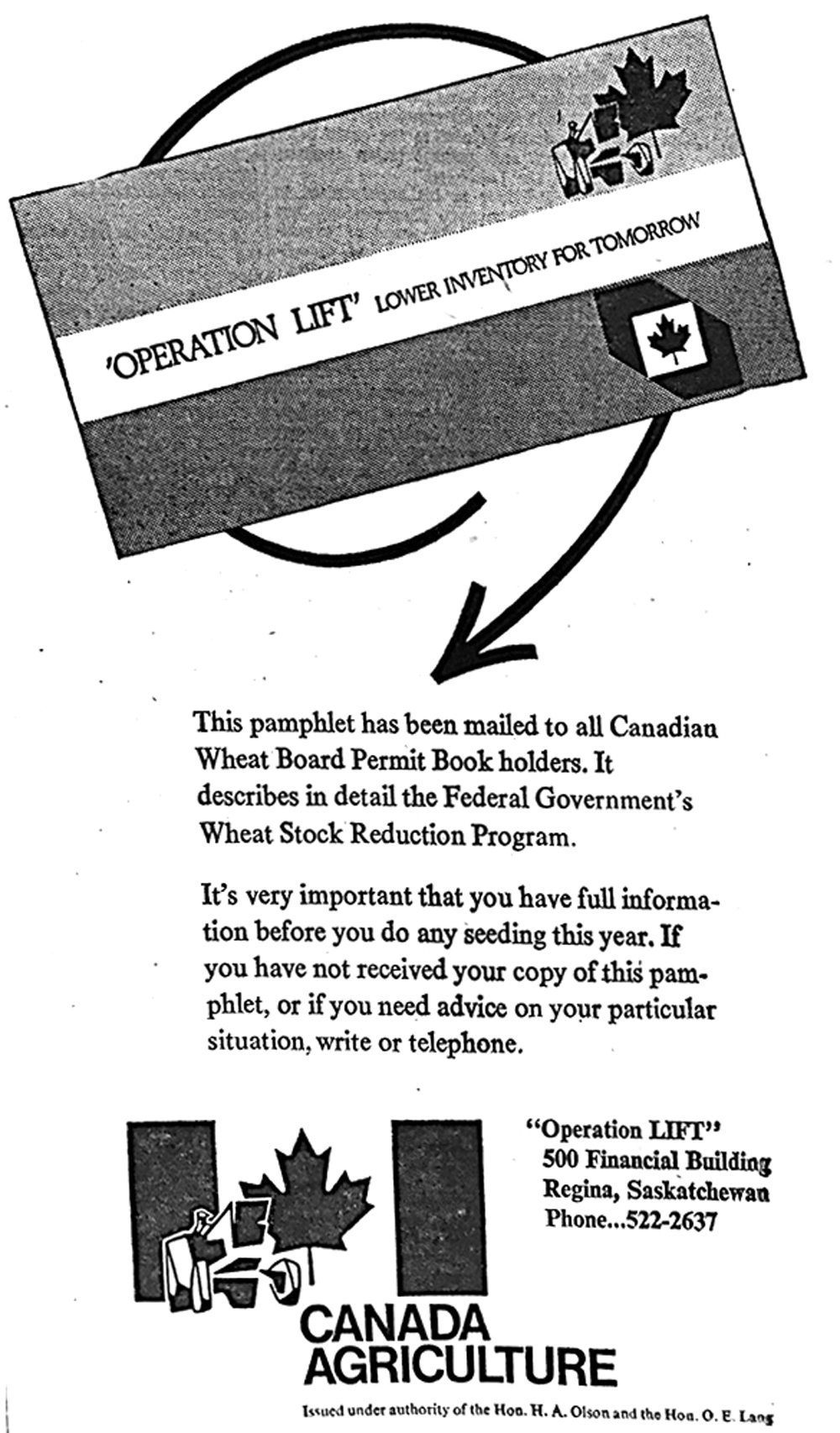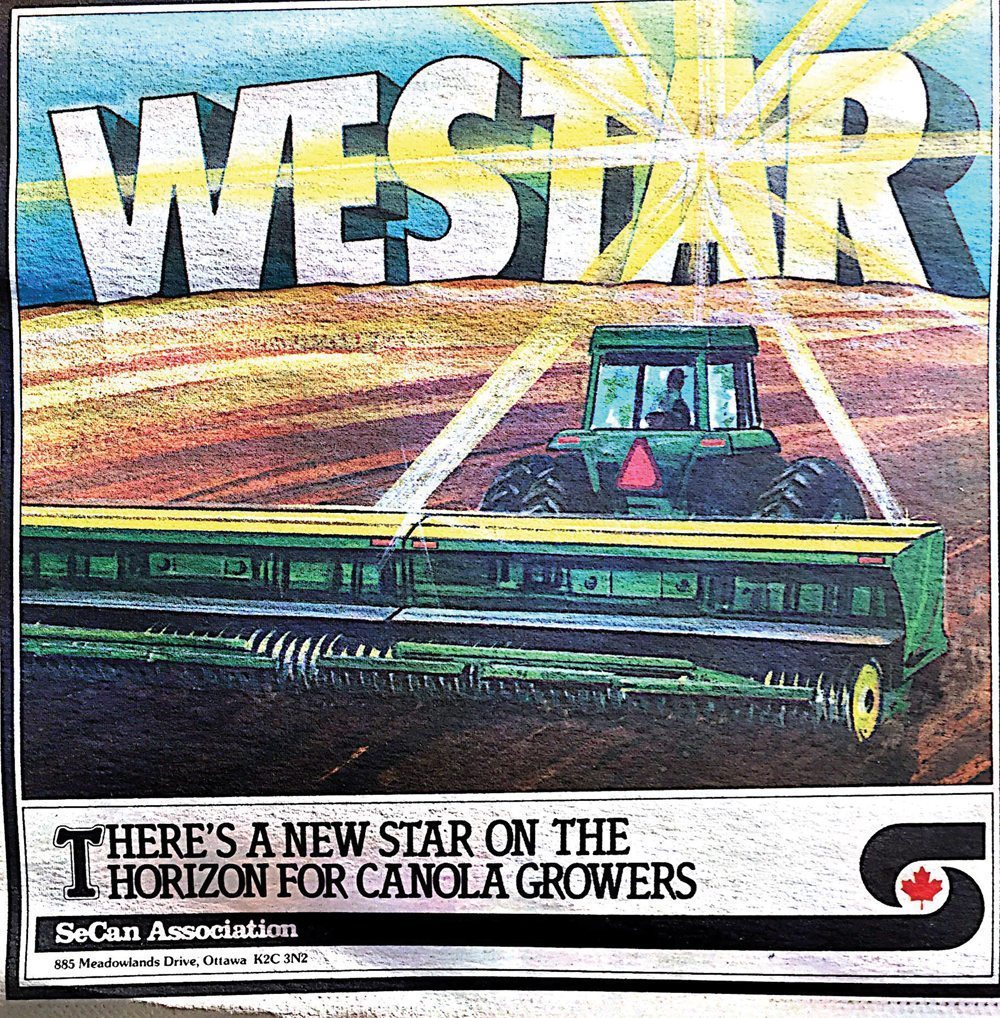In 1976 Elanco sponsored the Rapeyield 30 contest to encourage producers to use Treflan and shoot for a 30-bushel rapeseed yield and win watches, shotguns and a trip to Japan. The previous five-year average yield in Manitoba was 18.3 bushels. Farmers trying for that high yield would be challenged by flea beetles — we reported that dry conditions were contributing to a severe outbreak, especially in central Manitoba.
We’re still waiting for more details, but a story on our June 17 front page reported that two Agriculture Canada scientists at Lethbridge had genetically altered wheat to produce its own nitrogen. They reported that they had substituted chromosomes from Cadet wheat with a pair from Rescue wheat, and that the modified wheat supported nitrogen-fixing soil bacteria from around its roots.
Read Also

Tie vote derails canola tariff compensation resolution at MCGA
Manitoba Canola Growers Association members were split on whether to push Ottawa for compensation for losses due to Chinese tariffs.
In the House of Commons, Agriculture Minister Eugene Whelan threatened to clamp down on imports of cheap beef from Australia and New Zealand. Canadian Cattlemen’s Association manager Charlie Gracey said that the dumping of the cheap cow beef into Canada was in turn forcing Canadian beef into the U.S., which did have restrictions on Australian and New Zealand imports. The CCA had been calling for a Canadian beef import law for several years.
The Soviet wheat crop was in trouble again, and was expected to fall by about 20 million tonnes. A U.S. congressman urged Agriculture Secretary Earl Butz not to allow the Soviets to buy more than the eight-million limit in their agreement for fear of pushing prices too high.



